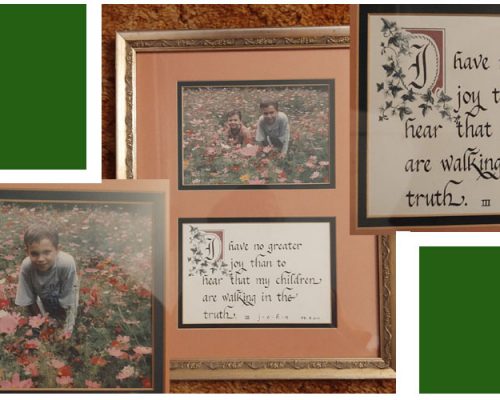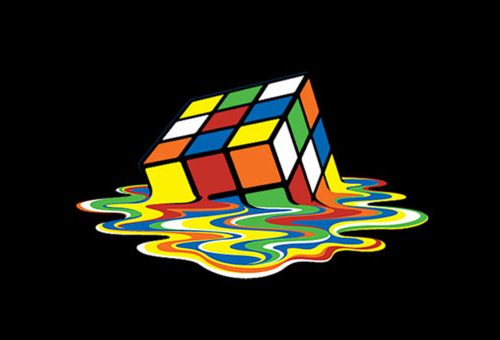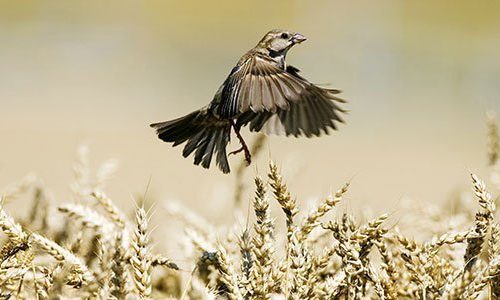I simply love beautiful song lyrics and beautiful poems – and when I stumble across a new one or meander back over an old well-known one I sometimes just want to share the thoughts and images that come to mind.
I believe that the best lyrics and poetry are so universably relateable yet so loosely non- specific that most everyone can find some word, phrase, thought and conceptual idea that they identify with.
However, the best lyrics set to the wrong music or the wrong performance of the piece, can make-or-break the communication of the song.
A couple weeks ago I discovered a song by Rhiannon Giddens, called “We Could Fly,” which really moved me one afternoon. Often if a song strikes me for some reason, I have no problem hitting the “loop” feature on Spotify and listening to it on repeat, sometimes for hours or even all day, until I feel somehow saturated and satiated with the piece.
This song was one of those and I also recall, it was one of those songs that so absorbed me that day that I found myself gracefully and spontaneously dancing to it while listening alone and going about my work…
Therefore I consider this a song worthy of writing some commentary.
At the risk of spoiling your own take-aways and thoughts from this piece I will share some of my own personal reflections and observations about these lyrics and its co-joinedness to the music itself.
And then, I would invite you to share your own impressions and comments below after listening.
I would love to hear and read your thoughts and take-aways…
__________
We Could Fly
(Songwriters: Rhiannon Giddens / Dirk Powell)
Mama, dear mama, look in yonder tree
See that pretty little sparrow, a-lookin’ back at me
She can soar above the clouds, way up in the sky
She can fly away from here, why, o why, can’t I?
Daughter, dear daughter, I’ll tell you something true
Remember Granny Liza? Well every night she flew
They tried to keep her down but there was nothing they could do
She could fly, she could fly
She could slip the bonds of earth and rise so high
She could fly across the river
Her spirit in her hands
Searching, always searching for the promised land
Mama, dear mama, mama tell me more
I feel a trembling in my arms, I’ve never felt before
Daughter, dear daughter, listen what I say
Your granny always told me you’d feel that way some day
Every time she looked at you she saw the old-time ways
When we could fly, we could fly
We could slip the bonds of earth and rise so high
We could fly across the mountains
Together, hand in hand
Searching, always searching for the promised land
Mama, dear mama, come and stand by me
I feel a lightness in my feet, a longing to be free
My heart it is a-shakin’ with an old, old song
I hear the voices sayin’, it’s time for moving on
She took her mama by the hand, they rose up in the air
They held each other tight and then
They flew away from there
They held each other tight and then they flew away from there
They could fly, they could fly
They could slip the bonds of earth and rise so high
They could fly across the ocean
Together, hand in hand
Searching, always searching for the promised land
__________
The first thing I like about this piece is the structure – somewhere between a ballad and a hymn, of sorts – there is a progression and musical sensibility to which I gravitate. I love the easy-going feel and the traditional use of minor and suspended chords communicates the sense of meaningfulness. Musically, it gets our connective attention and cries out for us to listen to the words.
Although clearly the lyrics are so beautifully and poignantly African-American centered and contexted, this is also a song about women and familial generations of women and their impact upon their descendents. And for this reason the lyrics are powerfully layered, not only rooted in history that needs to be known and acknowledged in all communities but in their ability to connect communities in some sense through common human experience.
I hear in these words a powerful communication of spirituality and a beautiful personalization of particular family history (whether written from actual experience or as an imagined idea does not matter) as passed from grandmother to daughter to granddaughter. (To listen to the collaborative process of these two musical artists on these lyrics, here is another link.)
__________
I become immediately moved by references to nature – a tree, a sparrow, clouds, sky – which rapidly within the first stanza connects to tribulations of the human spirit.
Next, the mother is reminding her daughter of her grandmother, affirming that women in their family had faced and endured so very much, and of the internal power in her Granny Liza to metaphorically flee to the promised land while clearly still in chains.
The mention of river is clearly a biblical reference to crossing the Jordan. There are implications that her Granny Liza experienced a freedom in the here-and-now and also in her eventual death. This is a beautiful symbol, lyrically, of the idea of the kingdom of God as “already, but not yet.“
It is a symbol of both immediate accessibility and future hope.
When we remind and connect younger generations with their family’s history and bedrocks, we instill a sense of strength and preservation of generational spiritual investments. Additionally, the deeply spiritual voices of women-to-women in family context can be exceptionally quite powerful, and empowering.
__________
Next we have the daughter’s voice. She is “all ears.” She is teachable. She asks – almost beggingly as she reveals the “trembling in her arms” and seeming “first-time longing” for the story – to be told more by her Mama, of her Granny Liza.
The fourth stanzas connect the past with the future. The GrandMama is wise – she sees into the future as she looks upon her granddaughter and doesn’t fail to tell her daughter that one day this child would feel the same.
By the fifth and sixth sets of stanzas, the daughter is receiving spiritually from her mother and connecting, and together, they are soaring hand in hand. This is a powerful image of generational identity, fortitude and infusion of both the old-time ways and values remaining integral, yet while inevitably transformed, in subsequent generations.
__________
Every family has its story. There are places in the bible which speak of negative generational issues that are passed to the children’s children.
Sadly, this is far too common in every family setting and network of ancestors, to some degree.
But it is beautiful to contemplate the challenging antidote to this human malady: be a voice of beauty, strength and encouragement.
Children learn what they live. And this is passed from generation to generation.
This song prompted me to picture in my mind’s eye two old portraits I have of my mother’s family and my father’s mother’s family. I never knew my maternal grandmother. Any idea of whatever spiritual legacy she may have modeled has, unfortunately, been lost to me.
I did, however, know my paternal grandmother, Orpha. Though she died when I was 22 and I didn’t have a lot of deeper contact over the years, I believe I am a recipient of her life and legacy to some degree through my father and through other family members.
When I listen to the above song, “We Can Fly,“ I also think of family dreamers.
My father’s sister Doris was such a dreamer and I was privileged in her later years to sit and listen to some of her nighttime dreams which seemed filled with spiritual symbolism. I have another cousin who is also a dreamer, as am I. There have been times I’ve had interesting and powerful dreams as she has also, as we share a particular ability to communicate about such dreams.
While the experience of dreams and their meanings and promptings are debateable, clearly the power of dreams and dreaming was referenced in Scripture from early times, and in every culture, there are those who closely examine some dreams.
I believe a common theme of many dreams involve elements of freedom and being set free of various weights and personal encumbrances. Therefore, that the song by Rhiannon Giddens is featured on her album Freedom comes as no surprise.
__________
Thank you for reading – and please do tell me what you hear in that song and something of your own family generations, and especially, dreams…

My mother was not yet born, she was the youngest of ten children. My maternal grandmother, Mary, is seated with the next youngest child on her lap. My mother was born in October 1923.




Thank You For Reading
Please Feel Free To Express Your Thoughts Below




